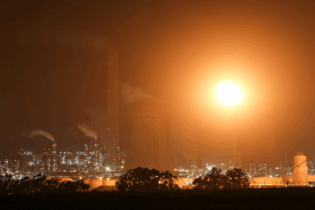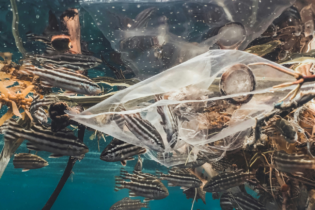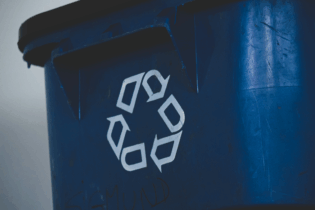The link between coal as an energy source and its effects on water sources is not often made or discussed, but a new report released by Greenpeace on October 18, has brought this very important element to the fore. In South Africa, around a million people do not have access to the required 25 litres of water a day and Eskom’s plans to extend coal is becoming a major threat to the country’s water resources, says Greenpeace.
Melitta Steele, climate and energy campaigner for Greenpeace Africa says, “Eskom uses just over 10 000 litres of water a second, the same amount a single person would use in a year.” The report, “Water hungry coal: Burning South Africa’s water to produce electricity” make the connection between coal and water scarcity, and outlines how the South African government and Eskom are making a clear energy choice at the moment: in favour of coal. “Due to growing water shortages, competition for water is only likely to increase between the agricultural, electricity and residential sectors. This could lead to conflicts over water. According to research conducted by the Water Research Commission, water scarcity is already leading to service delivery protests in the country. With as much as 98% of South Africa’s water already allocated, the question is: where will the water for the new coal-fired power stations (Medupi and Kusile) come from?” Greenpeace alleges that of the 22 mines that supply Eskom with coal, half were operating without a valid water licence in 2010. Steel says that “South Africans have a right to know how water is being allocated, managed and polluted. The current allocation of water to the coal mining industry and Eskom for coal-fired electricity is not transparent, accountable or sustainable. Water is not just an environmental issue, it is a critical constraint to future development, and it is a fundamental issue at the heart of justice, economics and human rights.“South Africa is facing huge political decisions around the allocation of water. If investments were shifted to essentially ‘water-free’ renewable energy technologies and energy efficiency, this would drastically reduce the water required for electricity generation, deliver sustainable electricity to all South Africans, create jobs and help avoid water insecurity and conflict.
“It is still possible to pull back from the brink of crisis, but only if the right choices are made today. It is time to end the era of coal in South Africa through a just transition away from coal towards renewable energy. Our ability to deal with a changing climate and future water crisis depends on it. The South African government and Eskom must realise that there are very effective substitutes for coal, but there are no alternatives to water.” Greenpeace has long advocated for the adoption of renewable energy sources to power South African industry and drive the economy. The REIPPP, once launched and running, will go some way to alleviate the burden on water resources and mitigate the effects of climate change on production. Source: business.iafrica





